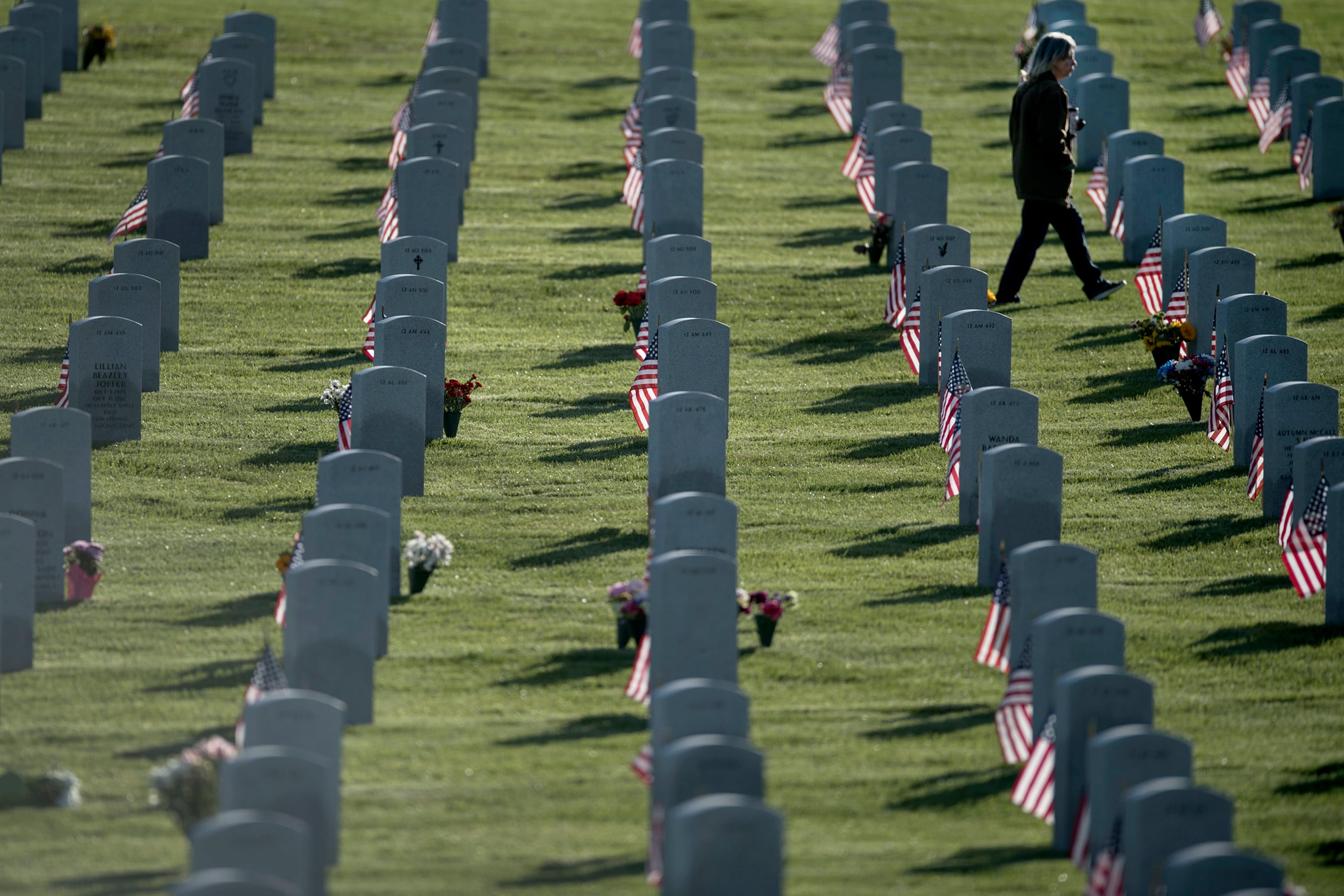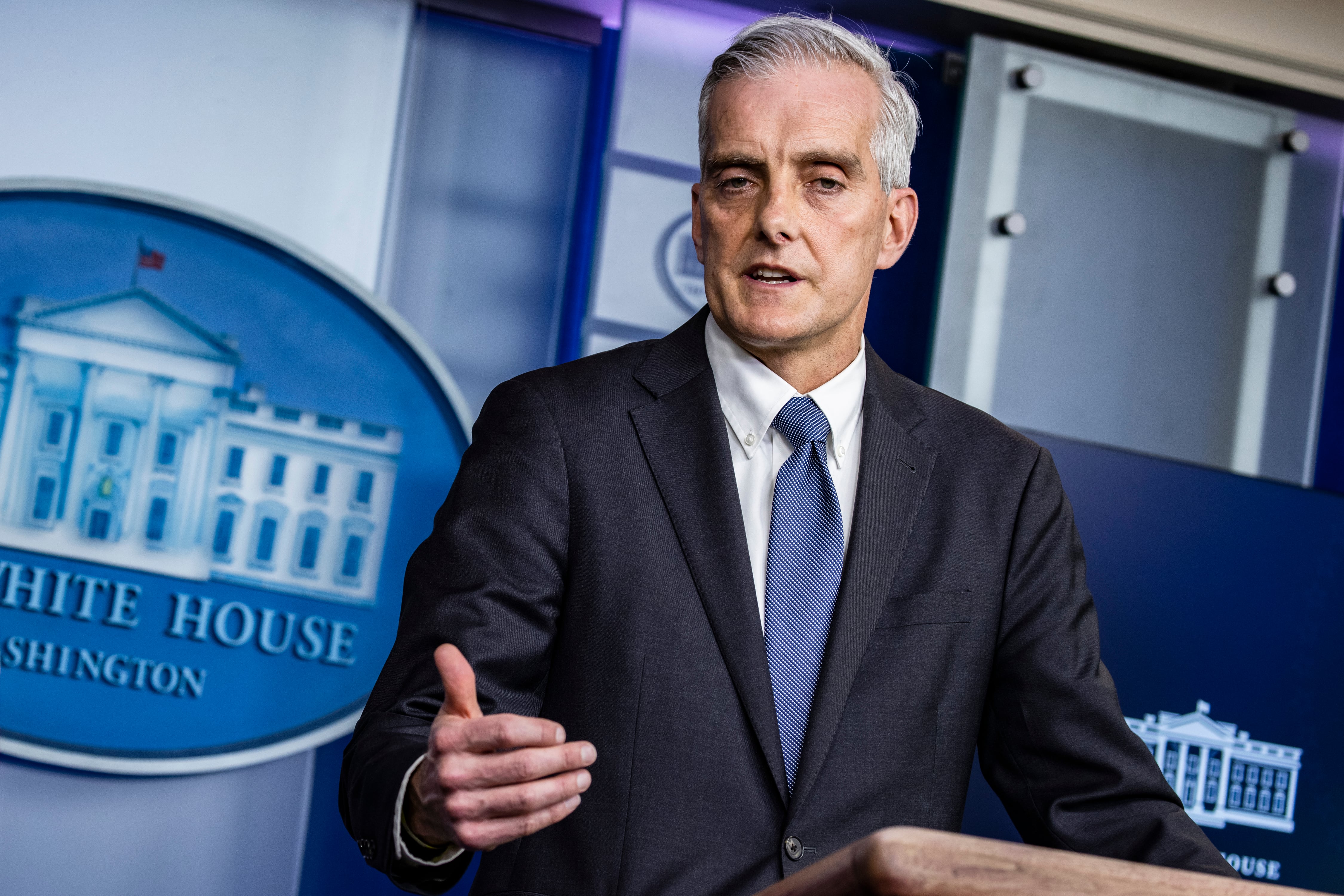Veterans Affairs officials are nearing their goal of establishing a veterans cemetery close to where almost every veteran in America currently lives, but they’ll need significant help from state leaders to finish the plan.
Currently, just under 17 million veterans across the country live within 75 miles of a VA-run or VA-funded cemetery, according to department statistics. That’s roughly 94% of the entire population.
But VA leaders have set a benchmark of providing a final resting place close to 95% of veterans, which means adding burial options for almost 200,000 more. Establishing a large, nationally-run burial sites near those scattered veteran populations does not make fiscal sense, officials said.
But partnering with states, territories and Native American tribes can dramatically improve choices available to veterans, according to Under Secretary for Memorial Affairs Matt Quinn.
RELATED

“The federal government is not going to be able to fund it all alone,’ he told reporters in a press call on Tuesday.
“Every year, we do give states a map of and a chart of the veterans served in each area. As we get toward more rural areas where you just don’t have a large concentration of veterans, it gets tougher and tougher.”
VA’s National Cemetery Administration this month passed $1 billion in state and local grants for veterans cemetery work in the 45 years since the program was first established. The money has helped fund 122 regional cemeteries for use by veterans and family members, in addition to the existing 155 VA-run sites.
RELATED

The agency’s budget request for fiscal 2024 includes a $10 million boost in state grant funding — up 20% from current levels — that Quinn said will help with future cemetery projects in places such as Michigan, Nebraska and Texas.
Quinn said his office regularly meets with state officials on potential new cemetery sites, but building new ones requires a combination of federal and local funding, plus a commitment from regional leaders to care for the locations.
A full list of all VA-run and VA funded cemeteries is available at the department’s web site.
Leo covers Congress, Veterans Affairs and the White House for Military Times. He has covered Washington, D.C. since 2004, focusing on military personnel and veterans policies. His work has earned numerous honors, including a 2009 Polk award, a 2010 National Headliner Award, the IAVA Leadership in Journalism award and the VFW News Media award.





